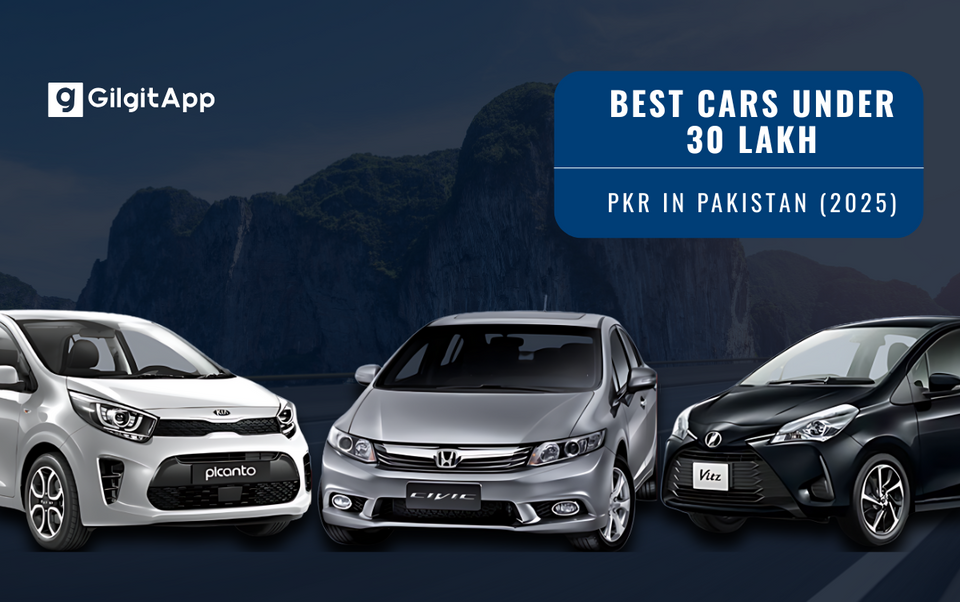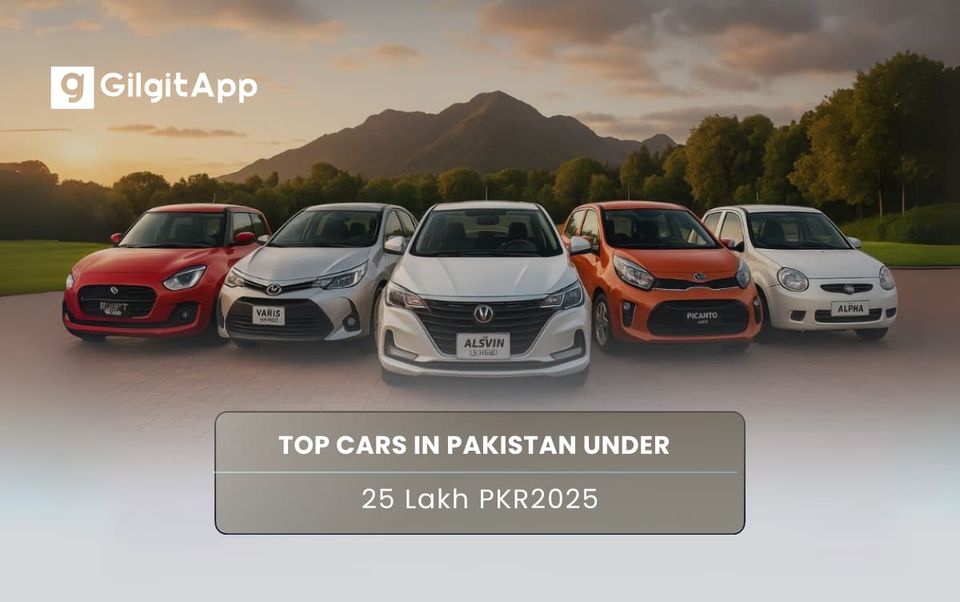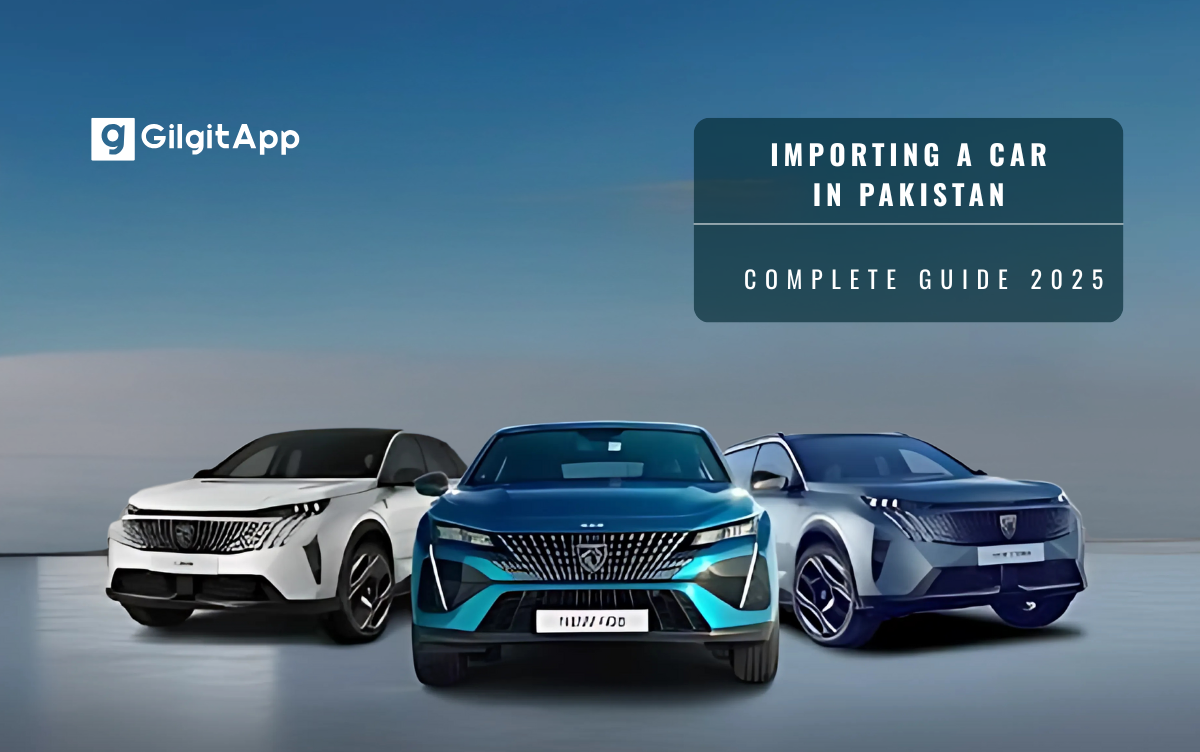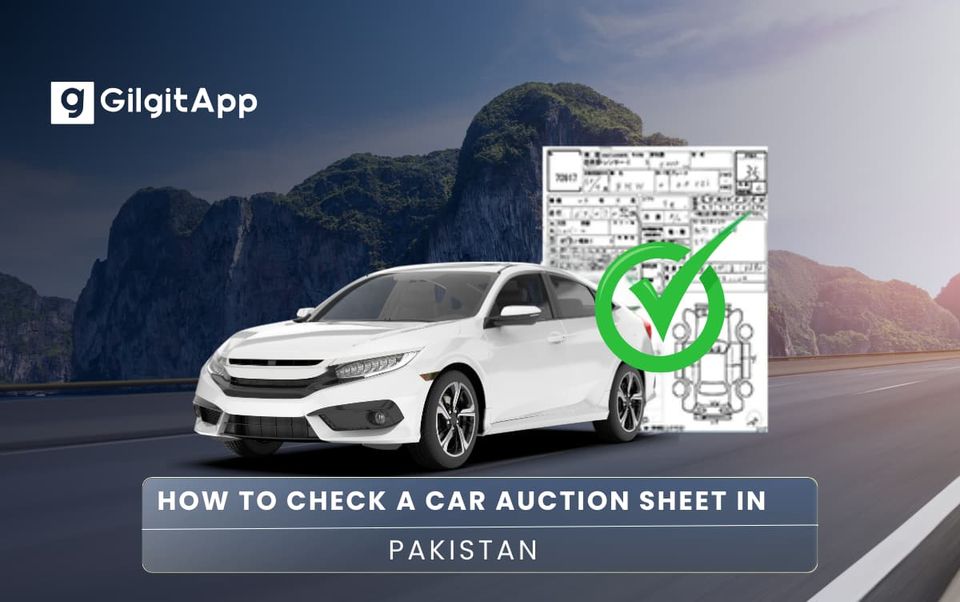5-Year-Old Car Imports Now Allowed in Pakistan at 40% Duty
The government allows the import of 5-year-old cars at 40% duty in Pakistan. Explore the impact, benefits, challenges, and what this policy means for car buyers.
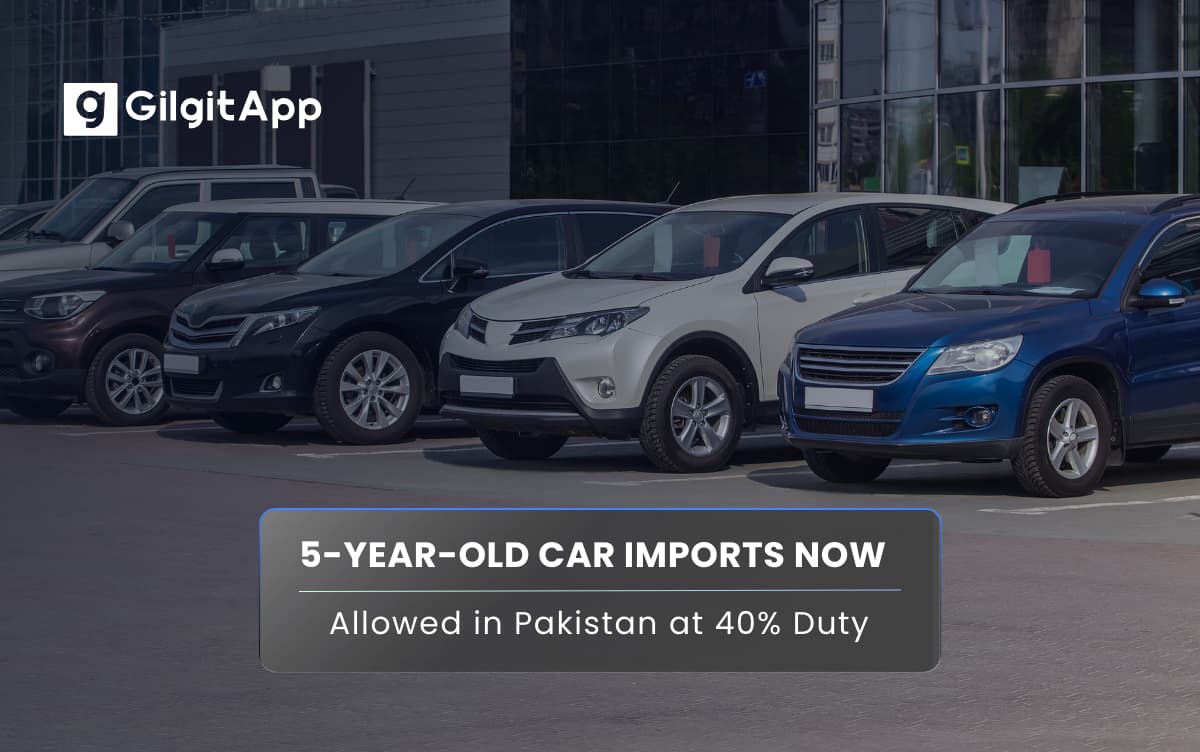
The Pakistani government has finally made a move that car buyers and dealers have been waiting for — the decision to allow the import of 5-year-old used cars at a 40% duty. This announcement has stirred excitement in the auto industry and among everyday consumers looking for affordable and reliable vehicles.
But what does this policy actually mean for you? Will it lower car prices, improve choices, or create more competition for local manufacturers? Let’s break it down in simple terms.
Why This Decision Matters?
For years, Pakistan has struggled with limited options in the auto market. Local manufacturers like Suzuki, Toyota, and Honda dominate, and their cars often come with long delivery times, high “on money” premiums, and rising price tags. Imported vehicles, on the other hand, were heavily restricted — especially when it came to used cars.
By allowing 5-year-old used cars at 40% duty, the government is opening the door to more competition and, hopefully, more affordable vehicles.
What is the 40% Duty Rule?
In simple words, this means:
- If you import a used car that is up to 5 years old, you will pay 40% import duty.
- Previously, duties were much higher, making imported cars far more expensive.
- This policy aims to strike a balance — government still earns revenue, but buyers get more affordable options.
Impact on Car Buyers
This move will benefit different groups in different ways:
Middle-Class Families
Families who couldn’t afford brand-new cars may now get access to better quality, fuel-efficient, and safer vehicles at lower prices.
Young Professionals and Students
Many prefer smaller Japanese imports because of their fuel economy. Now, cars like the Toyota Vitz, Honda Fit, or hybrid models may become more accessible.
Luxury Buyers
Even those looking for premium options like used BMWs, Mercedes, or Lexus models could benefit from reduced overall costs.
Impact on Local Auto Industry
While car buyers are celebrating, local manufacturers might be nervous. More imported cars mean tougher competition. If buyers find imported options more attractive, local companies may be forced to improve quality, reduce delivery times, and control prices.
In the long run, this could be good news for everyone. A more competitive market usually benefits the consumer.
Possible Challenges
However, there are still a few concerns:
- Exchange Rate Fluctuations: Since imports depend on the dollar rate, sudden increases could still raise car prices.
- Limited Availability: Imported cars are still fewer in number compared to local ones, so demand might remain high.
- Maintenance Costs: Spare parts and servicing for imported cars can be more expensive.
How This Policy Affects the Used Car Market?
Pakistan’s used car market is one of the busiest segments in the auto sector. With this new decision, dealers are expecting higher demand for imported cars. Local used car sellers might face slower sales as buyers turn towards fresh imports.
At the same time, the presence of more imported cars could stabilize or even reduce prices in the used car market, giving buyers more bargaining power.
What Cars Are Likely to Be Imported?
Based on past trends, here’s what we can expect to see more of on the roads:
- Japanese Hatchbacks: Toyota Vitz, Suzuki Swift Hybrid, Honda Fit
- Sedans: Toyota Corolla Axio, Honda Grace, Nissan Sunny
- Hybrids: Toyota Aqua, Prius, Honda Insight
- Luxury Models: Lexus, Mercedes, BMW (for high-end buyers)
A Step Toward Market Balance
This policy feels like a step toward balancing the auto market in Pakistan. For too long, consumers have been at the mercy of local manufacturers. By introducing more choices, the government is sending a clear message: it’s time for the market to evolve.
Conclusion
The government’s decision to allow the import of 5-year-old cars at 40% duty could be a game-changer for Pakistan’s auto sector. For buyers, it means more choices, better quality, and possibly lower prices. For local manufacturers, it means competition and pressure to improve.
While challenges like dollar rates and spare part availability remain, this policy is still a win for consumers. If you’ve been saving up for a car in 2025, this might be the right time to explore your options.
FAQs
Q1: What is the new import duty on 5-year-old cars in Pakistan?
The government has set a 40% duty on the import of 5-year-old used cars in 2025.
Q2: Which cars will benefit most from this policy?
Japanese hatchbacks, hybrids, and sedans like the Toyota Vitz, Aqua, and Honda Fit are expected to see higher demand.
Q3: Will local car prices decrease because of this decision?
Yes, increased competition may force local manufacturers to stabilize or reduce their prices.
Q4: Are imported cars reliable in Pakistan?
Yes, most imported cars are fuel-efficient and well-maintained, but spare parts and servicing may cost more than local vehicles.

